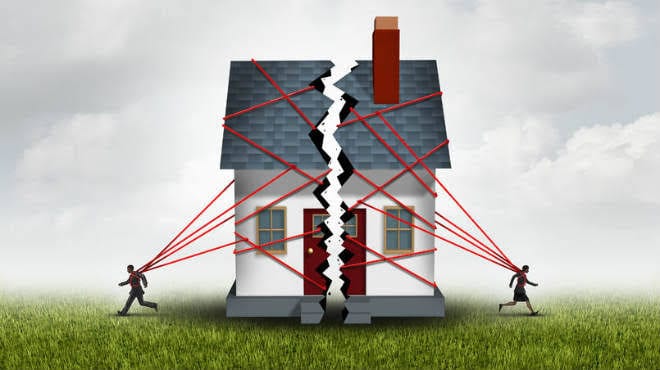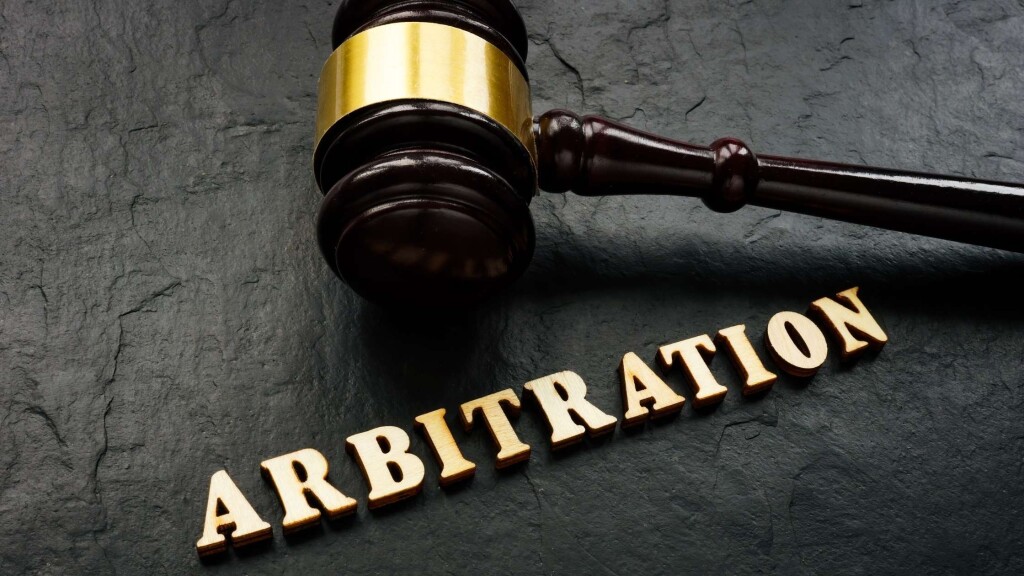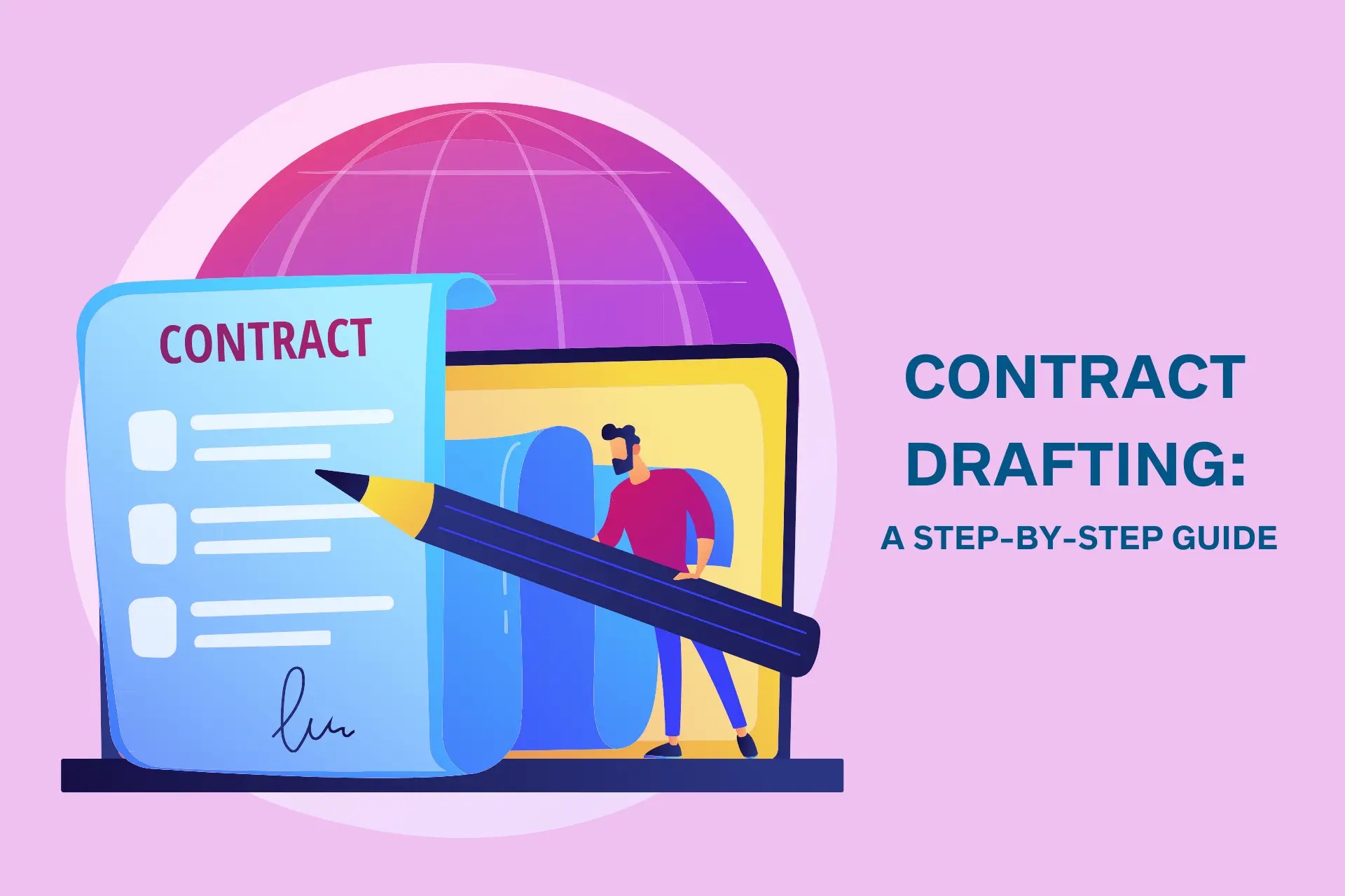Property Dispute Resolution: Protecting Your Real Estate Investments
Real estate investments can be both lucrative and complex, particularly in a dynamic market like Vietnam’s, where growth and development have led to increasing property values and heightened competition. However, with such opportunities come challenges, including potential property disputes that can threaten your investments. Understanding how to navigate property dispute resolution is essential for safeguarding your real estate investments. This article explores common types of property disputes, the resolution process, and the role of property dispute attorneys in protecting your interests.
Common Types of Property Disputes
Property disputes can arise from various circumstances, including but not limited to:
1. Ownership Disputes
Disagreements over property ownership are among the most common disputes. They can arise from:
- Inheritance Issues: Conflicts may arise when multiple heirs dispute an inheritance or the legitimacy of a will.
- Boundary Conflicts: Disputes over property lines and boundaries can lead to legal battles between neighboring owners.

2. Lease Disputes
Lease agreements often give rise to disputes, particularly concerning terms of tenancy. Common issues include:
- Breach of Lease Terms: Disputes may occur if either party does not fulfill the obligations outlined in the lease, such as non-payment of rent or unauthorized alterations to the property.
- Eviction Proceedings: Landlords and tenants may face conflicts over eviction procedures or tenant rights.
3. Construction Disputes
Property development projects can lead to disputes with contractors, subcontractors, or suppliers, often related to:
- Quality of Work: Allegations regarding poor workmanship or failure to meet building codes can lead to legal disputes.
- Delays and Breaches: Delays in construction timelines or breaches of contract can result in disputes between property developers and contractors.
4. Zoning and Land Use Disputes
Disputes may arise when property owners disagree with zoning laws or land use regulations, which can affect how a property can be developed or used.
5. Environmental Issues
Properties may be involved in environmental disputes regarding contamination, land use changes, or compliance with local environmental laws and regulations.
The Importance of Property Dispute Resolution
Effective property dispute resolution is crucial for several reasons:
- Protecting Investments: Timely resolution of disputes helps protect financial investments, avoiding costly delays and losses.
- Maintaining Relationships: Property disputes can strain relationships between landlords, tenants, neighbors, and contractors. Amicable resolution fosters better future interactions.
- Ensuring Legal Compliance: Addressing disputes promptly helps ensure compliance with local laws and regulations, minimizing the risk of legal penalties.
- Preserving Property Value: Resolving disputes before they escalate can preserve the value of your property and ensure its continued use and enjoyment.
The Property Dispute Resolution Process
When a property dispute arises, several steps outline the resolution process:
1. Pre-Dispute Considerations
Before embarking on formal dispute resolution, parties should consider strategies to resolve conflicts amicably:
- Open Communication: Initiating discussions to clarify misunderstandings and explore resolution options can often prevent disputes from escalating.
- Mediation: Engaging a neutral third party to facilitate discussions and negotiations may help both sides find a mutually agreeable solution without resorting to litigation.
2. Formal Dispute Resolution
If informal resolution methods are unsuccessful, parties may need to engage in formal dispute resolution processes:
2.1 Arbitration
- Definition: Arbitration involves a neutral arbitrator or panel who hears both parties’ arguments and evidence, rendering a binding decision.
- Advantages: Arbitration is generally faster and less costly than traditional litigation and is often preferred for contractual disputes, including construction issues.

2.2 Litigation
- Court Proceedings: If arbitration is not pursued, parties may need to file lawsuits in the appropriate civil courts. The litigation process includes several key phases:
- Filing a Complaint: The party initiating the lawsuit files a complaint outlining the dispute, claims, and desired remedies.
- Discovery Process: Both parties engage in the discovery phase, exchanging information and evidence that is relevant to the dispute.
- Trial: If the case does not settle, it proceeds to trial, where both parties present their evidence and arguments before a judge who makes a final decision.
3. Enforcement of Judgments
After a judgment is rendered in a property dispute, the winning party may need to take steps to enforce the judgment, particularly if the losing party refuses to comply. This may involve:
- Appeals: If either party believes that the judgment was erroneous, they may have the option to appeal to a higher court.
- Enforcement Actions: Filing for enforcement may be necessary to ensure compliance with court orders, particularly in eviction cases or recovery of property.
The Role of Property Dispute Attorneys
A property dispute attorney is a key player in effectively navigating property disputes and protecting your real estate investments. Their role includes the following:
1. Legal Expertise
Attorneys specializing in property disputes possess knowledge of relevant laws, rules, and procedures that govern property ownership, leasing, and construction. Their expertise enables them to provide valuable guidance on legal rights and options.
2. Document Preparation
Property dispute attorneys assist clients in preparing necessary legal documents related to the dispute, protecting their interests and ensuring compliance with procedures.

3. Representation in Negotiations
Attorneys can effectively represent clients in negotiations with opposing parties, helping to resolve disputes amicably and avoid costly litigation.
4. Advocacy in Court
If disputes escalate to litigation, property dispute attorneys provide representation and advocacy in court, presenting evidence and arguments on behalf of their clients.
5. Risk Management
Lawyers can help clients identify potential risks associated with property investments and disputes, offering strategies to mitigate exposure and protect property value.
Best Practices for Protecting Real Estate Investments
To minimize the risk of property disputes and protect investments, consider the following best practices:
- Conduct Due Diligence: Thoroughly research properties, contracts, and potential risks before finalizing any real estate transactions.
- Draft Comprehensive Contracts: Ensure that all contracts related to property, whether for purchase, lease, or construction, are clear, detailed, and compliant with applicable laws.

- Establish Open Communication Channels: Foster an environment of transparency with tenants, contractors, and partners to address potential issues before they escalate.
- Engage Legal Counsel: Utilize the expertise of property dispute attorneys when negotiating contracts, addressing disputes, or managing complex real estate matters.
- Regularly Monitor Compliance: Keep up with changes in relevant laws and regulations that may affect property ownership or management, adjusting policies and practices as needed.
Conclusion
Navigating property dispute resolution is essential for protecting real estate investments and fostering positive relationships in the dynamic Vietnamese market. By understanding common types of disputes, engaging experienced property dispute attorneys, and implementing best practices, both investors and property owners can effectively manage challenges and safeguard their investments. A proactive approach to dispute resolution not only minimizes risks but also fosters a culture of cooperation and respect, contributing to a healthier real estate landscape in Vietnam.
